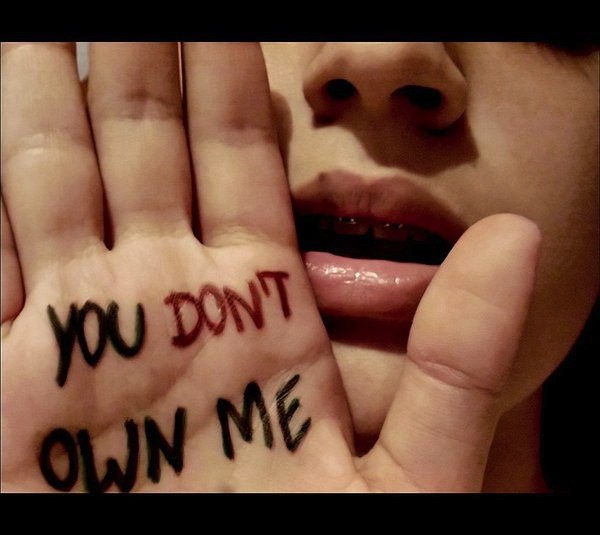
1963 Lesley Gore’s You Don’t Own Me –> 1978 X-Ray Spex’s Oh Bondage Up Yours –> 1995 No Doubt’s Just a Girl –> 2003 Kelly Clarkson’s Miss Independent –> 2014 Lily Allen’s Hard Out Here –> 2016 Grace’s You Don’t Own Me
Above, I created somewhat of a timeline for feminist music. As stated by Gore and Grace alike, at it’s core, You Don’t Own Me is a female empowerment anthem. When creating this timeline, I wanted to begin the lineage with Gore’s original version from the 1960’s and follow through the decades with the most iconic feminist anthems for the decade’s leading up until Grace’s revitalization of You Don’t Own Me.
About 10 years following You Don’t Own Me, X-Ray Spex’s, a female fronted – English punk rock band that released “Oh Bondage Up Yours” in 1978. This song, though not out rightly recognized as a feminist anthem, was alternatively classified as an example of British punk. The song’s first lyrics are “Some people think little girls should be seen and not heard/But I think “oh bondage, up yours!” The lyrics are sarcastic in that X-Ray Spex’s seems to be ironically outlining what little girls should do but recognizing that this is constricting to their beings. In You Don’t Own Me, Grace/Gore sing about the freedom they should have the right to have as a human being, and not the constricting nature that comes with being a young woman: “I’m free and I love to be free/To live my life the way I want/To say and do whatever I please.”
In 1995, No Doubt, one of my favorite bands – I had all of their CDs and played them on my portal CD player as a child, released Just a Girl. The song is much more overt in its expression of feminism as compared to X-Ray Spex’s. One of the most notable lyrics from this 90’s feminist hit is “Oh, I’m just a girl, all pretty and petite/So don’t let me have any rights”. I think it’s really interesting that Gwen Stefani is explicitly calling out that as a woman, because we are perceived as pretty and our capability depends on our physical appearance, and even then we are not perceived as capable in labor intensive situations. This idea parallels to You Don’t Own Me’s line And don’t tell me what to do/Oh, don’t tell me what to say/And please, when I go out with you/Don’t put me on display which is a call to men (and women!) that young women are more than just objects and are fully capable of being complete human beings.

Leave a Reply